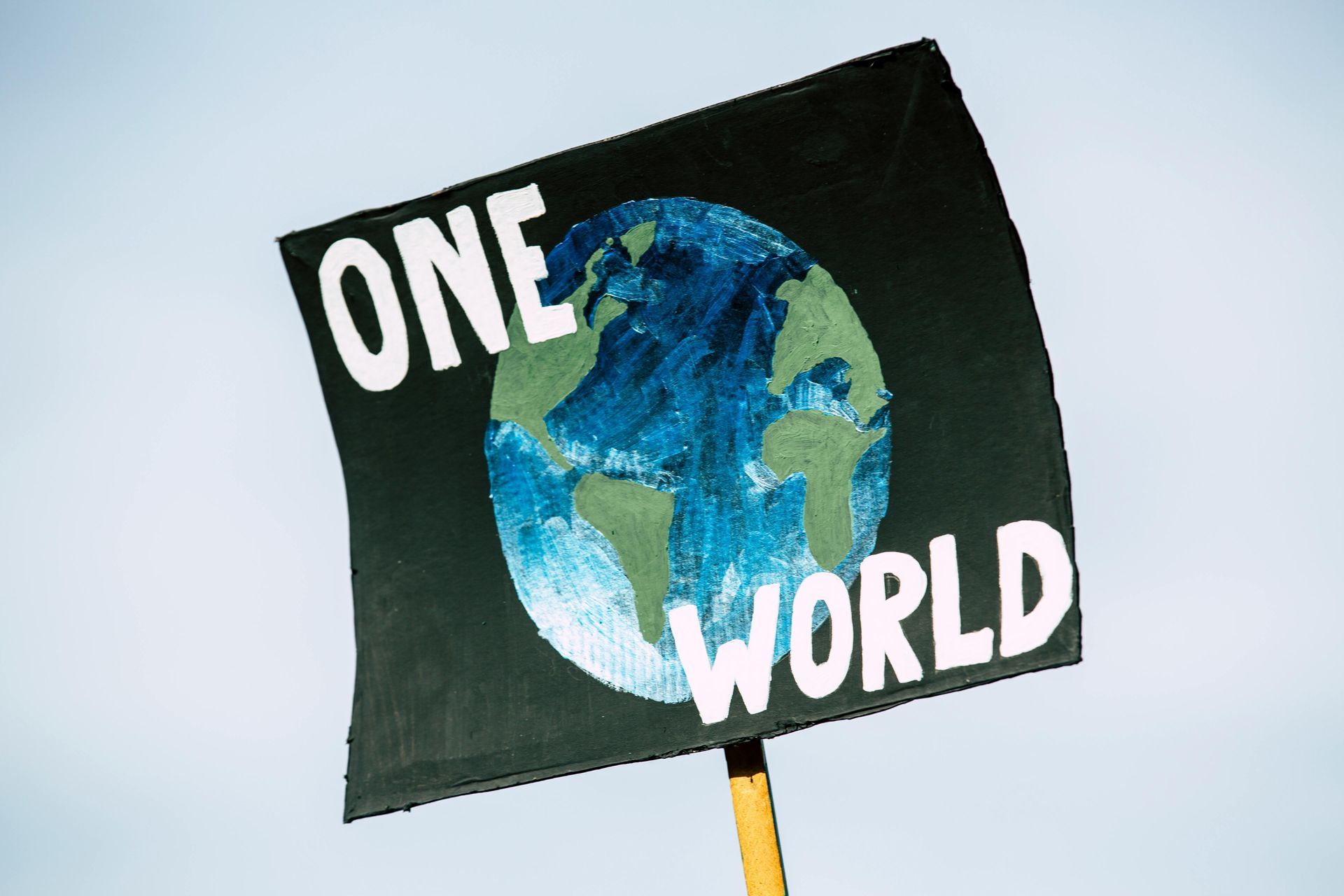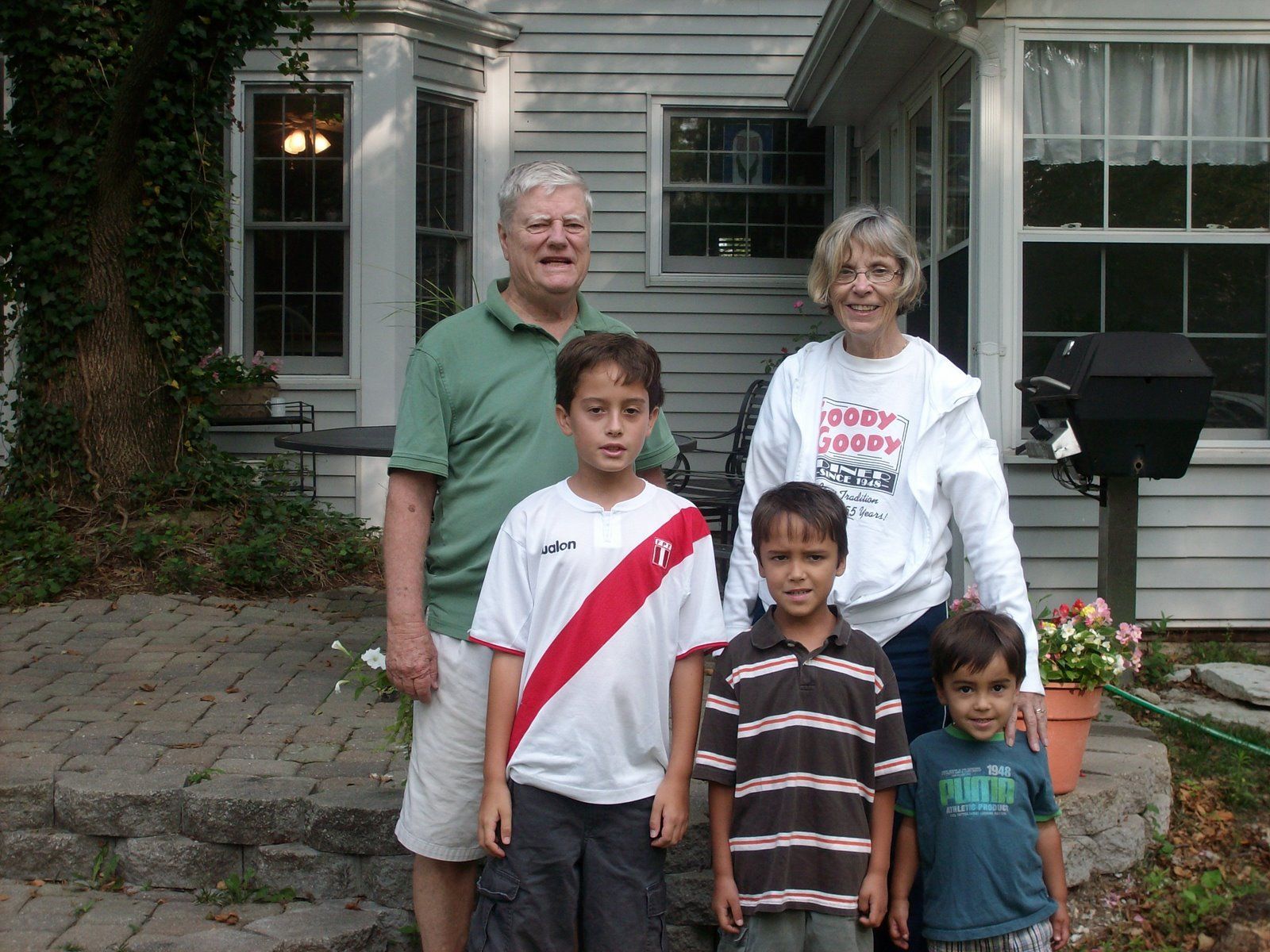The Impact of Hurricane Katrina on Black Communities: A Decade of Reflection.
Hurricane Katrina, which struck the Gulf Coast in August 2005, is remembered as one of the most devastating natural disasters in U.S. history. Its impact extended far beyond immediate physical destruction, exposing deep societal fractures and inequalities.
The Impact of Hurricane Katrina on Black Communities: A Decade of Reflection
Hurricane Katrina, which struck the Gulf Coast in August 2005, is remembered as one of the most devastating natural disasters in U.S. history. Its impact extended far beyond immediate physical destruction, exposing deep societal fractures and inequalities. More than a decade later, its aftermath continues to affect communities, particularly those populated by Black Americans.
Unequal Vulnerability
Before Katrina made landfall, systemic inequalities had already laid the groundwork for a disproportionate impact on Black communities. Poverty rates were notably higher among Black residents of New Orleans, and many lived in neighborhoods that were vulnerable to flooding. The lack of resources made evacuation difficult, leaving many without means to escape the impending storm.
Evacuation and Response Efforts
The evacuation and response efforts were marred by numerous failings, which disproportionately affected Black residents. As the city attempted to evacuate, those without personal vehicles or sufficient funds were left behind. The government's emergency response was criticized for being slow and inefficient, with thousands forced to seek shelter in the Superdome and convention center under dire conditions.
Housing and Displacement
In the wake of the storm, Black communities faced significant challenges in securing housing. Many homes were destroyed or rendered uninhabitable, and the displacement crisis disproportionately affected Black residents. Barriers to rebuilding and returning home were numerous, including insufficient insurance payouts, bureaucratic red tape, and lack of assistance.
For many, the damage inflicted by Katrina was compounded by urban redevelopment initiatives that led to gentrification. As neighborhoods were rebuilt, property values surged, often pricing out longtime residents. Public housing projects that were home to numerous Black families before the storm were demolished, replaced by mixed-income developments with fewer available affordable housing units.
Economic Impact
The economic impact on Black communities was profound. Many small businesses, often lifelines within these communities, were destroyed and never reopened. The tourism and hospitality sectors, major employers of Black workers, were hit hard, leading to job losses and income instability.
Cultural and Social Consequences
The social fabric of Black communities in New Orleans was also affected. Families were displaced, and longstanding community networks were disrupted. Cultural traditions, central to New Orleans' identity and heavily tied to Black heritage, faced threats due to the dislocation of residents who practiced and preserved them.
A Decade of Reflection and Resilience
More than a decade after Katrina, Black communities in New Orleans and the Gulf Coast region have demonstrated resilience and a commitment to rebuilding their lives and preserving their cultural heritage. Community organizations have played a pivotal role in advocating for equitable recovery efforts and addressing systemic injustices that were laid bare by the storm.
However, the legacy of Katrina serves as a poignant reminder of the need for policies and practices that prioritize equity, preparedness, and just recovery approaches. Ensuring that all communities have the necessary resources to withstand and recover from disasters is essential in fostering resilience and reducing disparities.
As the region continues to rebuild and heal, the story of Hurricane Katrina remains a stark lesson on the intersection of natural disasters and social justice, highlighting urgent challenges that society must address to move toward a more equitable future.







